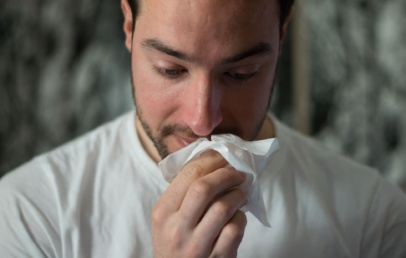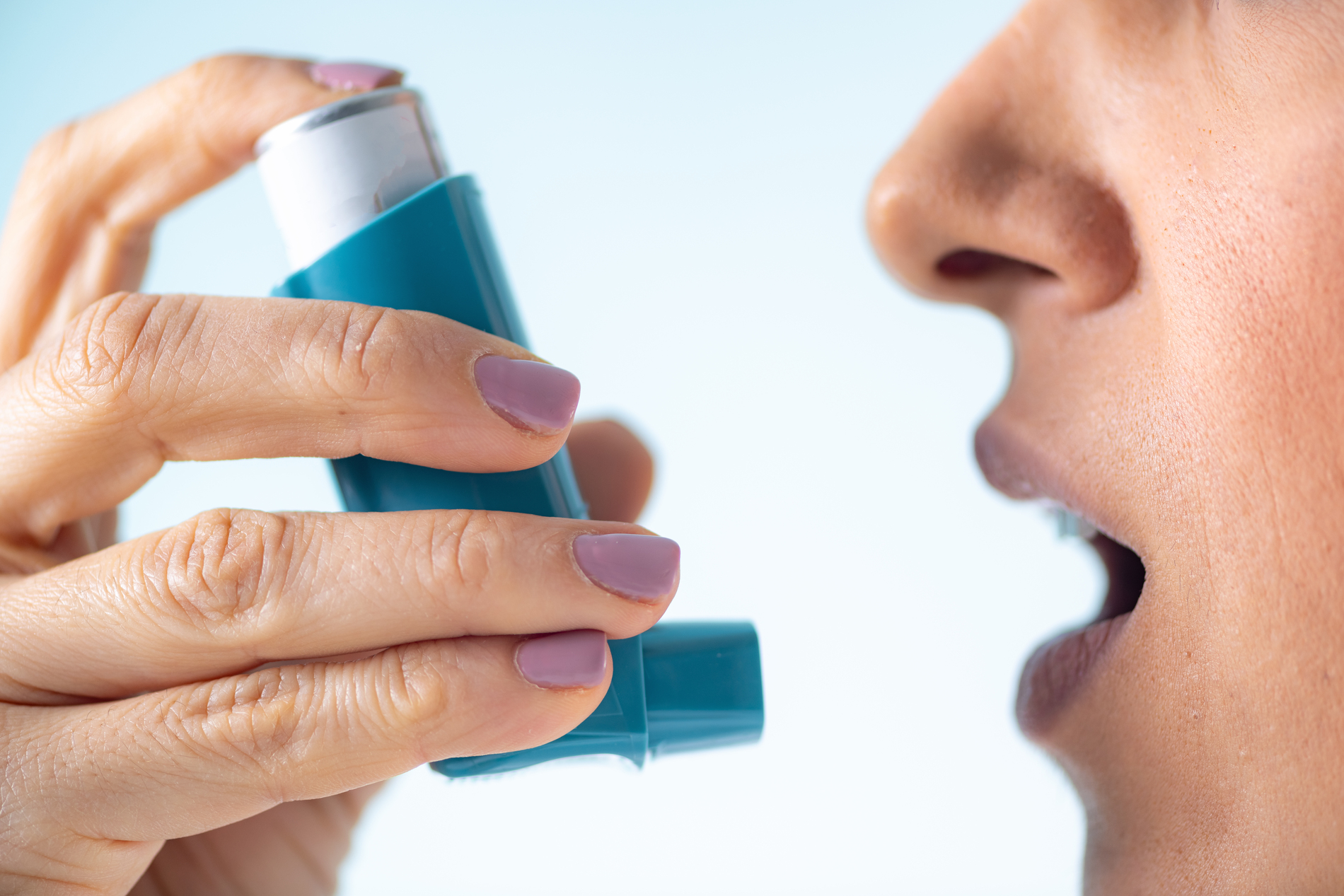
Having allergic asthma makes you somewhat of a detective in your day-to-day activities. Although most people are aware of the common suspects, such as mold, pollen, and pet dander, there are many unexpected triggers that can appear out of nowhere and cause symptoms. Allergy asthma can react to unexpected things, such as changes in the weather, emotional fluctuations, and even specific foods. The good news? You can take action to stay ahead of the game once you are able to recognize these triggers.
1. Stress

Stress can have an impact on your lungs in addition to your mind. Your airways may become more irritated and reactive when stress hormones like cortisol rise. In fact, long-term stress can reduce the effectiveness of asthma medication. To control stress-related flare-ups, try relaxation methods like yoga, meditation, or easy deep breathing exercises.
2. Strong Emotions

Unbelievably, yelling, crying, laughter, and excitement can all cause symptoms. During emotional times, rapid breathing can constrict your airways, causing wheezing or coughing. You can prevent emotions from literally taking you by maintaining your composure and engaging in mindfulness exercises.
3. Infections
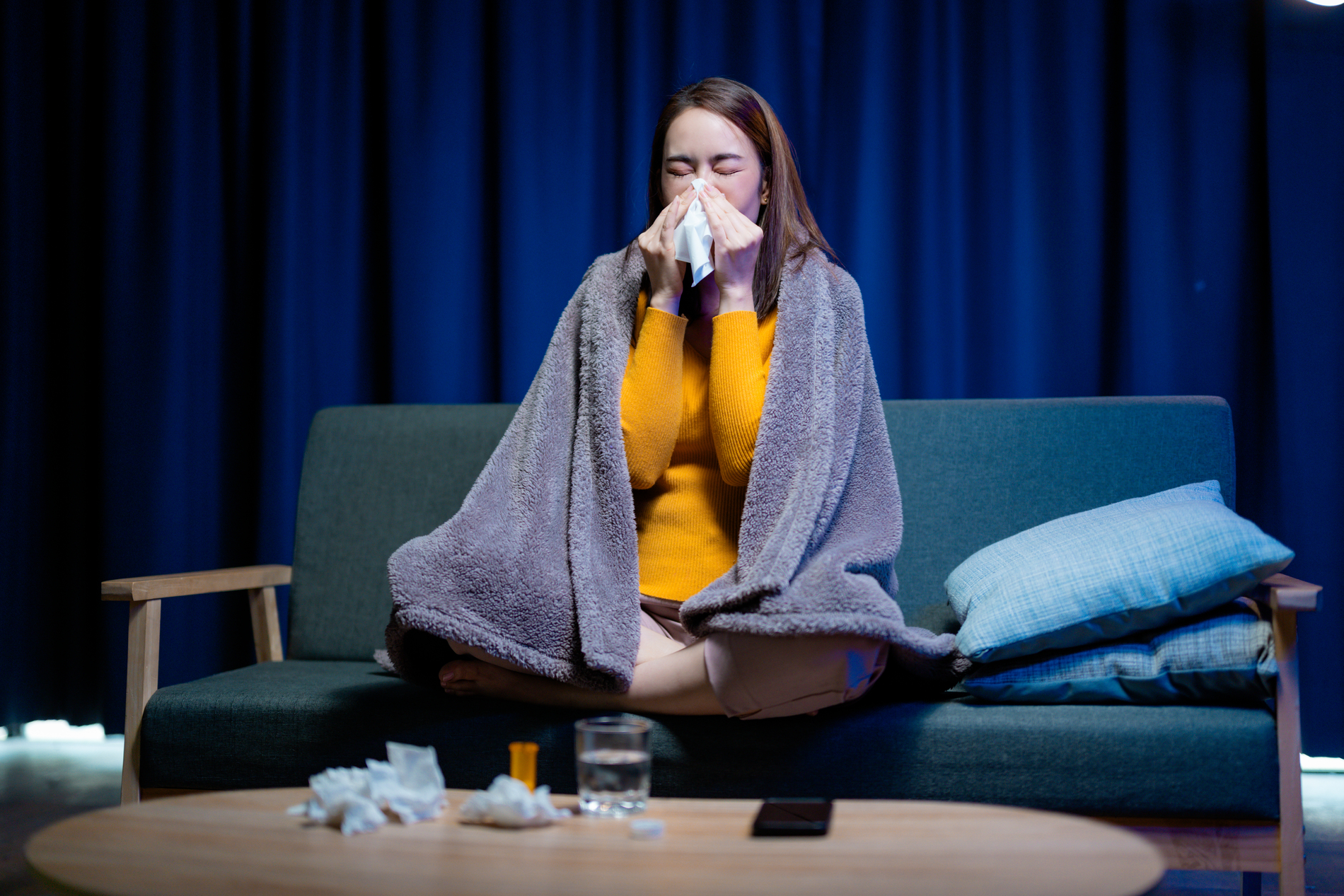
Breathing becomes more difficult when respiratory infections like the flu or colds irritate the airways and increase mucus production. Your lungs may continue to be sensitive even after you’ve recovered. You can lower your risk by washing your hands frequently, getting the recommended vaccinations, and avoiding close contact with sick people.
4. Sudden Weather Changes

Your airways may become unprepared for a sudden change in humidity or temperature. While hot, humid weather encourages mold and dust mites, cold, dry air tightens them. Additionally, thunderstorms can increase the amount of mold and pollen in the air. Examine the forecast and be ready by staying inside on days with high pollen levels or wearing a scarf in cold weather.
5. Pollen

Asthma-causing microscopic particles are released by trees, grasses, and weeds during the peak pollen seasons in the spring and fall. Keeping windows closed, wearing sunglasses, and taking a shower after being outside can all help limit exposure and manage symptoms.
6. Mold Spores
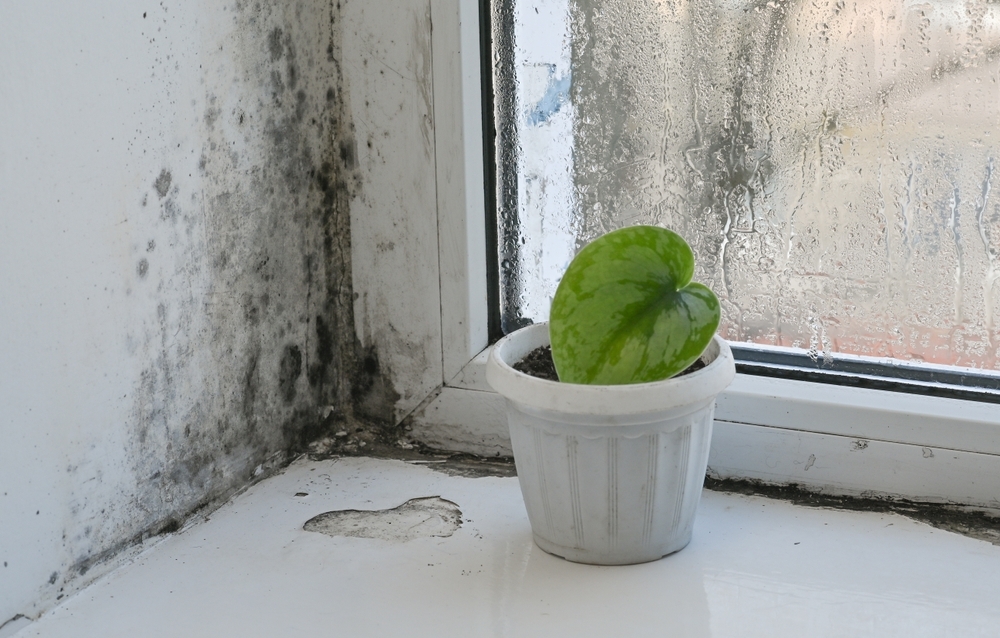
Not only does mold grow indoors, but it also grows outdoors in compost, damp soil, and fallen leaves. Asthma can be exacerbated by breathing in mold spores, particularly on humid or rainy days. When gardening, wear a mask, wash your hands after being outside, and keep damp debris out of gutters and outdoor spaces.
7. Foods and Additives

Certain foods, such as dairy, eggs, nuts, and shellfish, can cause reactions in those who are sensitive. However, additives are also cunning offenders. MSG, some preservatives, and sulfites (found in wine and dried fruits) can irritate the airways. To monitor symptoms after meals, keep a food journal.
8. Strong Odors

Cleaning supplies, candles, perfumes, and even some “natural” essential oils can irritate delicate lungs. Volatile organic compounds (VOCs), which exacerbate airway inflammation, are frequently present in these products. To lessen exposure, use natural cleaners like vinegar and baking soda and products without fragrances.
9. Air Pollution
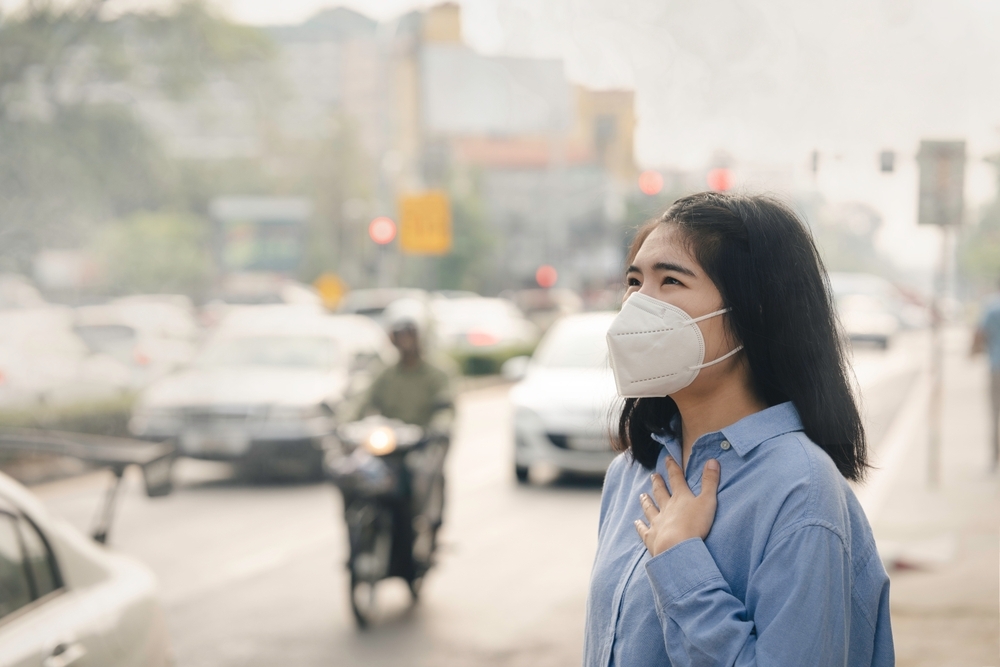
Flare-ups can be caused by backyard fire pits, vehicle exhaust, and even smoke from wildfires. Before going outside, check the Air Quality Index (AQI) in your area. Close windows, use HEPA filters indoors, and wear a mask if you have to go outside on days with high pollution levels.
10. Exercise

In addition to being beneficial to health, exercise can cool and dry out the airways, particularly in cold or contaminated conditions. The lungs become more reactive as a result. You can stay active without aggravating your symptoms by doing low-impact exercises like yoga or walking and, if your doctor advises it, using your inhaler before working out.
11. Hormonal Changes
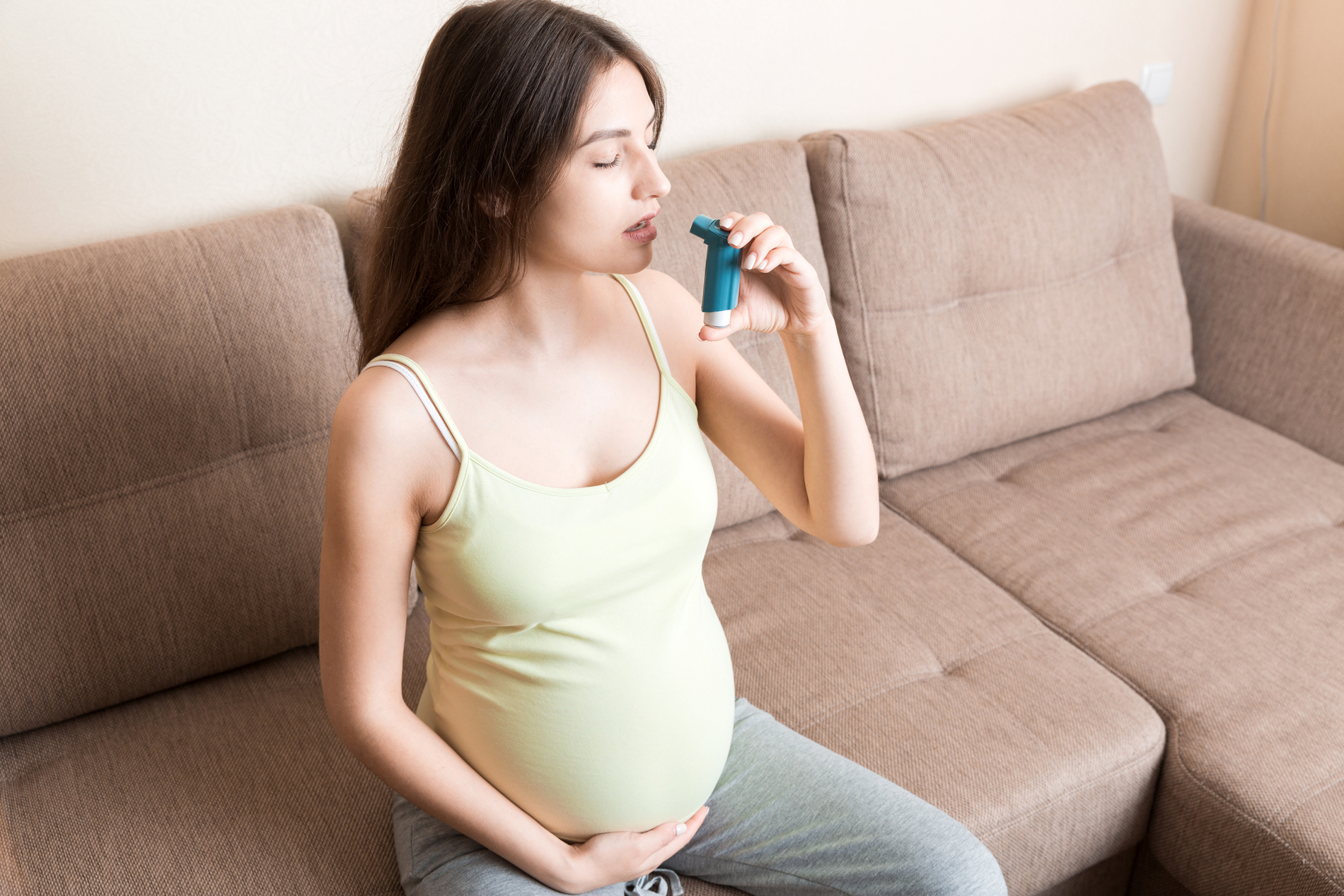
Asthma symptoms may worsen due to changes in hormones during menstruation, pregnancy, or menopause. For instance, estrogen may make airways more inflamed. Consult your healthcare provider about modifying your asthma treatment plan if you observe that your symptoms change with your cycle or stage of life.
12. Insect Allergens
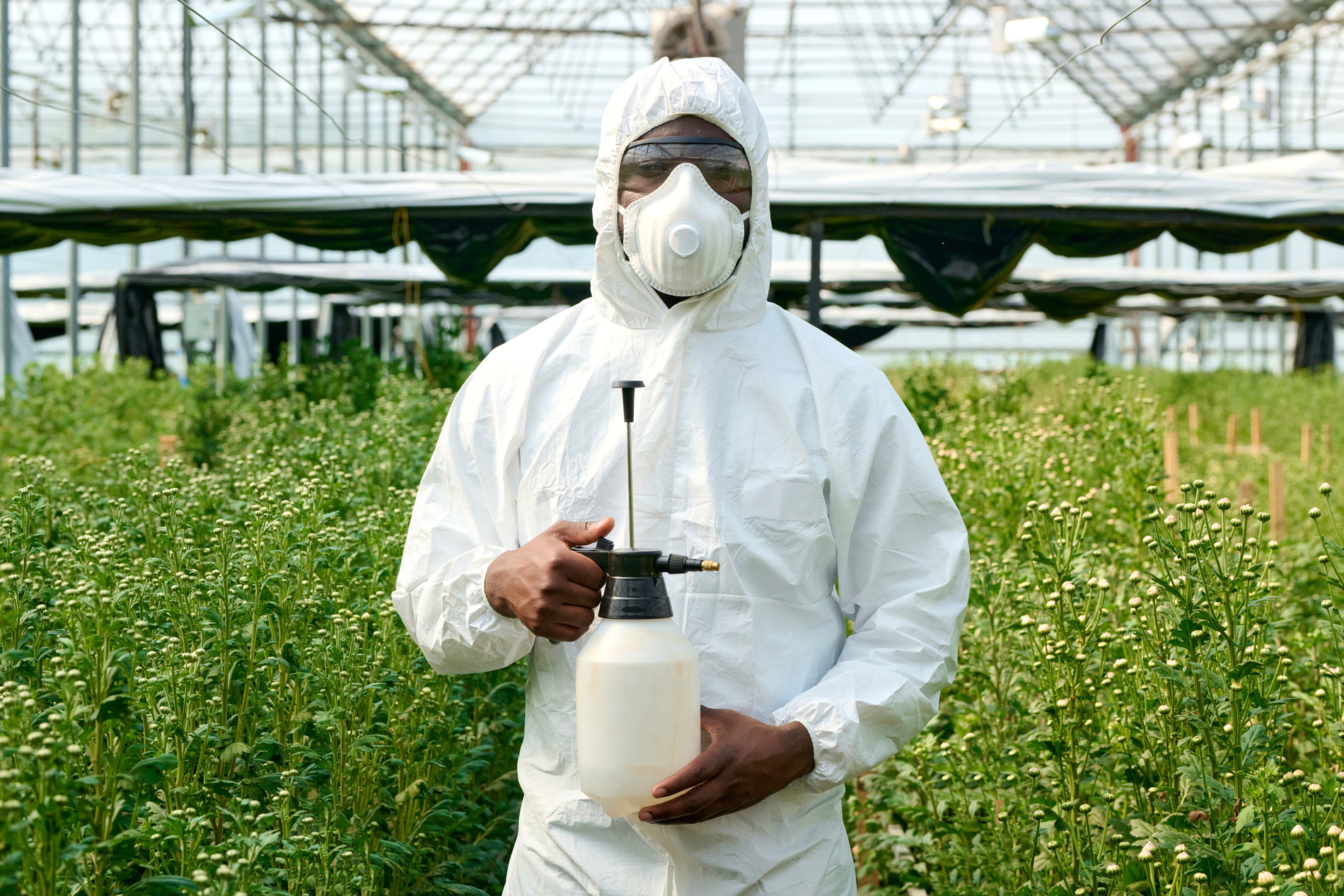
Unexpected asthma triggers can include insect bites, stings, or even droppings. Allergens from bees, wasps, mosquitoes, and even cockroaches can exacerbate symptoms. Wear long sleeves, apply insect repellent when necessary, and cover food and beverages when you’re outside to protect yourself.
The typical allergens aren’t the only things that can cause allergic asthma; a surprisingly wide range of commonplace situations can also cause it. You can prevent flare-ups and maintain steady breathing by tracking your symptoms and identifying your personal triggers. Additionally, keep in mind that your healthcare provider can assist you in creating an asthma action plan that works for your lifestyle.


